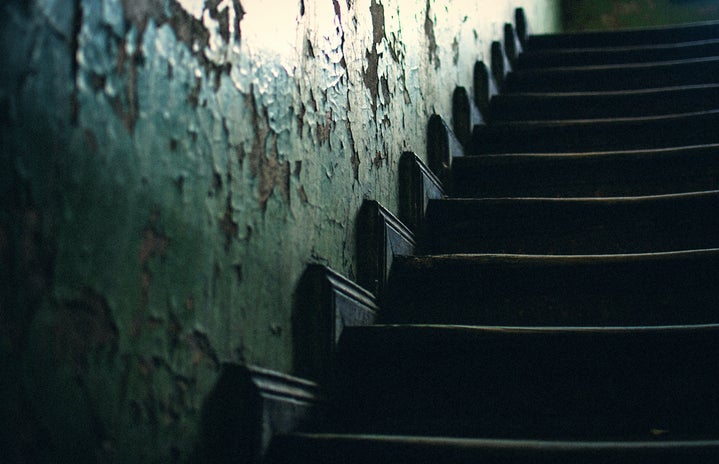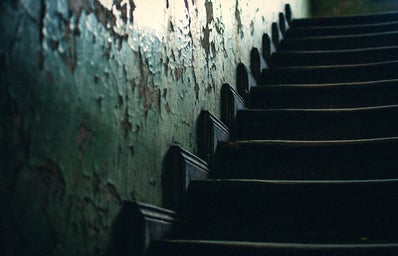As we are coming out of spooky szn and Mariah Carey is defrosting, it made me think about horror films and all things spooky. What does the horror genre mean to you? Do you find it terrifying, funny, or stupid? For myself, I have always loved horror films, it is a genre that I always gravitate towards to almost test myself on how hard-shelled I think I am. Growing up with older brothers, they would always be able to watch films I was not allowed to, and I remember the first horror character I was exposed to was Chuckie…that horrible doll still makes my stomach turn. When you’re a child your imagination is not tuned into anything more than Disney Princesses, fairies and learning your ABCs, but now I am 20 I can certainly say that has changed.
I recently saw Smile (2022) in cinemas, and it made me wonder what I find scary anymore. I went to see the film with my housemate, and in all honesty, we were jumping out of our seats and screaming the whole way through. Thank God we ate all our popcorn during the adverts because that would have gone everywhere. Coming away from the Savoy cinema on a dark and dingy Friday night, I can say I was a little frazzled as to what I had just watched. When I was going to sleep later that night, I was really thinking what has horror now come to?
Let’s start from the beginning. There has always been a need for horror films, they represent what many of us commonly find scary. However, there are some exceptions that do not fit the ‘horror is needed’ category, and that is the first horror film, Nosferatu (1922). Based on the 1897 gothic tale Dracula, Nosferatu was a film to promote antisemitic ideals. Placing the blood-sucking vampire as a Jew, this depiction disseminated lots of bad and untrue feelings towards the Jewish community. Horror nowadays critiques society, whereas horror decades ago was utilised to expand and circulate information to society.
There has been a surge of psychological horrors, and I am here for it. I love the way in which the films make us consider society’s deepest darkest secrets. Extreme ethics and morals are placed on the table and there for us to judge and take away from. Going back to Smile, I really felt like there was a great balance between typical horror tropes and psychological horror. It’s crazy how this film made more stabs (pardon the pun) at people’s perceptions of themselves rather than critiquing society. Should we fear ourselves now?
The post-horror/elevated horror subgenre has become very popular in recent years, like Ari Aster’s Midsommar (2019), Jordan Peele’s Get Out (2017) and Us (2019). They all bravely depict our horrifying modern-day realities, and they do so successfully–well, in my opinion. This type of horror is not obvious jump-scares or ghosts wafting across the screen, instead, it reveals parts about our society that are wrong. Jordan Peele’s films are among some of my favourites of all time, his ability to capture these societal flaws and push these boundaries is just amazing to me.
What lurks in the dark nowadays? Are we scared of ghosts, spirits, and zombies anymore…or is it our own mental capabilities? A lot of narratives nowadays stem from imagining things and scenarios only nightmares are made of. Why are we scared of our own world and what’s around us… Are horror films becoming too real or is it time we wake up?


